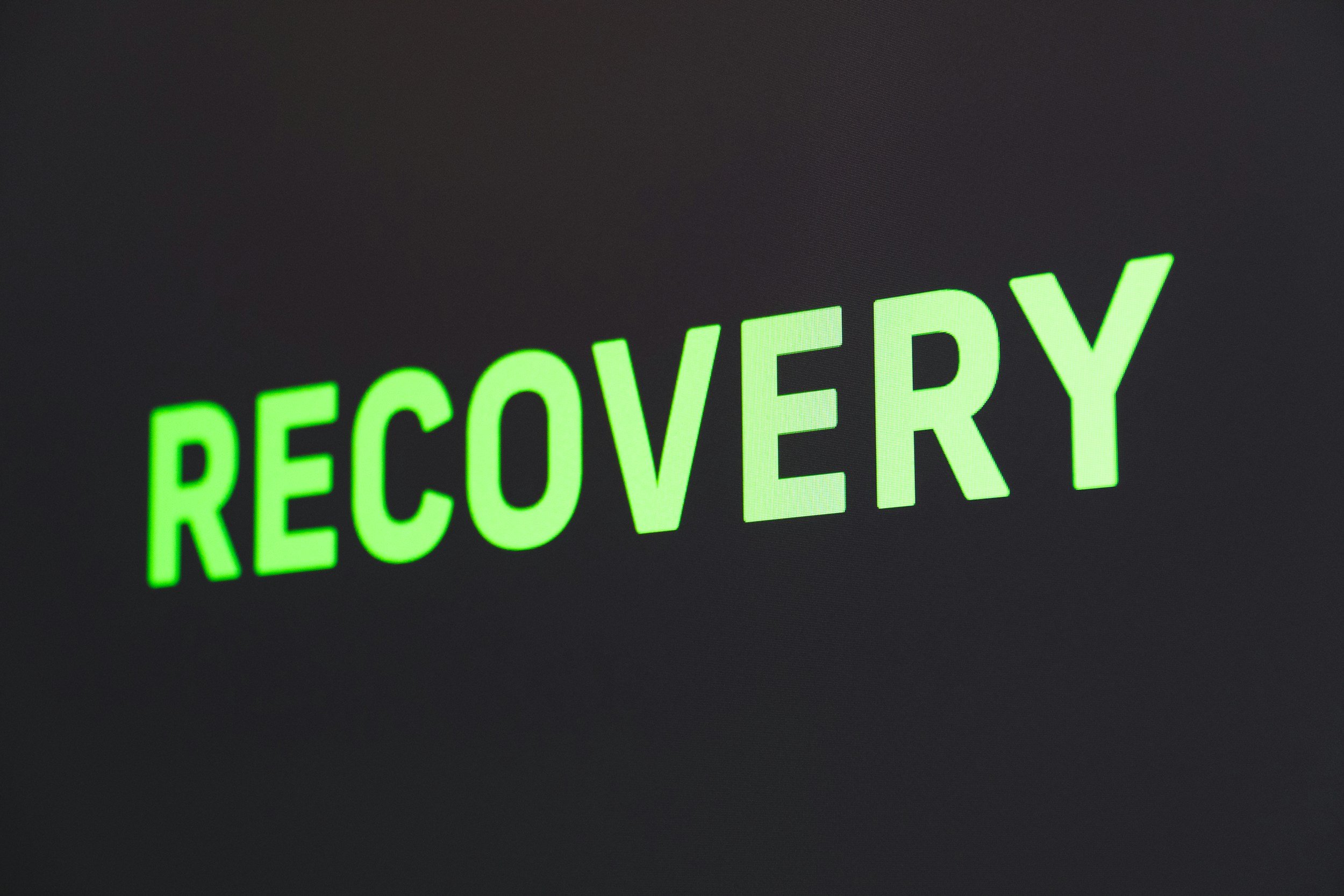Blog

When Someone You Love Is Struggling: How Loved Ones Can Seek Help for Addiction
A perspective from an addiction specialist
When a partner, child, sibling, or close friend is battling addiction—whether it’s substances like alcohol or drugs, or behavioural addictions like gambling, pornography, or compulsive spending—the emotional weight can be overwhelming. Loved ones often carry fear, confusion, guilt, and exhaustion, all while trying to “hold everything together.”
As an addiction specialist, I want to say this clearly: you deserve support too. Addiction affects the entire family system, and healing requires care for everyone involved—not just the person using.

The Slippery Slope of Switching Substances: Trading One Addiction for Another
Recovery isn’t just about quitting a substance—it’s about changing a lifestyle, rewiring the brain, and healing the spirit. But one of the most common traps I see in early recovery is the belief that switching substances is safer than stopping altogether. For example, someone who’s quit marijuana and cocaine might think, “I’ll just drink socially now—it’s legal, it’s normal, it’s not my problem.”

20 Things to Watch Out for at 30 Days Sober
Thirty days sober is a powerful milestone. It’s proof that change is possible, that healing has begun, and that the fog is lifting. But it’s also a vulnerable time. The brain is still recalibrating, emotions are raw, and the temptation to “test the waters” can creep in. As an addiction specialist, I’ve seen this phase make or break recovery. Here are 20 things every newly sober person should watch out for—and how to stay grounded in your new life.

The Power of Humility in Early Recovery: Why Less Is More
Recovery is not a sprint—it’s a slow, deliberate walk back to yourself. In the early stages, it’s tempting to believe that now that the substance is gone, life should resume at full speed. But here’s the truth: early recovery is sacred ground. It’s where the foundation is laid, and humility is the cornerstone.

The Power of Recovery: Why Honesty with Yourself Is Everything
Recovery isn’t just about quitting a substance or behavior—it’s about reclaiming your life. It’s about waking up each day with clarity, purpose, and the ability to face yourself in the mirror without flinching. And at the heart of every successful recovery journey lies one non-negotiable principle: radical honesty with oneself.

30 Days of Abstinence: A Reset for Your Brain and Body
Taking a 30-day break from a substance or behavior is more than just an exercise in self-control—it’s a vital opportunity for dopamine restoration, mental clarity, and physical renewal. Whether it’s alcohol, nicotine, social media, or even compulsive behaviors like gambling, committing to a month of abstinence can create powerful shifts that set the stage for lasting recovery.

Counselling and Accountability in Early Sobriety: Keys to Lasting Recovery
Early sobriety—whether from substance addiction or behavioral compulsions—is one of the most challenging phases of recovery. Without the crutch of the addictive behavior, individuals face emotions they’ve suppressed, life changes they hadn’t anticipated, and the ever-present risk of relapse. This is why counselling and accountability play a crucial role in stabilizing and strengthening recovery. As an addiction specialist, I want to highlight the importance of professional guidance and structured support in these critical first steps.

When Is It Time for an Intervention? A Family’s Guide to Tough Love and Boundaries
Watching a loved one struggle with addiction is one of the most painful experiences a family can endure. When attempts at reasoning and gentle encouragement have failed, it may be time to consider an intervention.

The Power of Daily Disciplines in Addiction Recovery: Preventing Relapse and Nurturing Sobriety
Recovery from addiction is a lifelong journey that requires dedication, effort, and consistency. One of the most critical aspects of maintaining sobriety is implementing daily disciplines that strengthen your commitment to recovery and protect you from the insidious pull of relapse. As an addiction specialist, I've seen how crucial these routines are in preventing the destructive mindset that whispers, "Today will be different," and tempts individuals to venture into relapse mode. Here's why daily disciplines are essential and how they can be your shield against addiction's traps.

Holding a Loved One Accountable in Sobriety: A Guide for Supportive Allies
As an addiction specialist, I understand the critical role that loved ones play in the recovery journey of individuals struggling with substance use disorders (SUD) and behavioural addictions. Accountability is a key factor in maintaining sobriety and preventing relapse. While it is essential to approach this responsibility with compassion and empathy, holding an addict accountable requires clear boundaries, consistent support, and constructive strategies. In this blog, we will explore how loved ones can effectively support and hold an individual accountable in their sobriety.

The Dangers of Benzodiazepines: A Comprehensive Overview
As an addiction specialist, I have seen the profound impact that benzodiazepines can have on individuals' lives. Benzodiazepines, commonly known as "benzos," are a class of medications often prescribed for anxiety, insomnia, and other conditions. While they can be effective for short-term use, their potential for abuse, dependence, and serious health risks cannot be overlooked. In this blog, we will explore the dangers of benzodiazepines and why it is crucial to approach their use with caution.

The Hidden Dangers of Cocaine Abuse: A Specialist's Perspective
Cocaine, a powerful stimulant derived from the coca plant, has long been associated with euphoria and heightened alertness. However, beneath its seemingly alluring effects lies a dark reality that can wreak havoc on one's overall health. As an addiction specialist, I have witnessed firsthand the devastating impact of cocaine abuse on individuals and their loved ones. In this blog, we will explore the multifaceted effects of cocaine abuse on physical, mental, and social well-being.

Relapse Prevention Plan: Your Path to Lasting Recovery
Leaving a treatment facility can feel like a major milestone in your journey to recovery. You've worked hard to break free from the grip of addiction, and now you’re stepping into the world anew. But with this newfound freedom comes responsibility, and one of the most important steps you can take is to create a solid relapse prevention plan. Here’s how to make sure your recovery stays on track.
